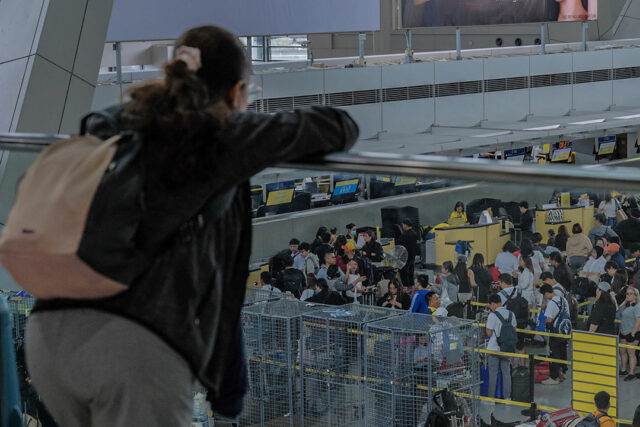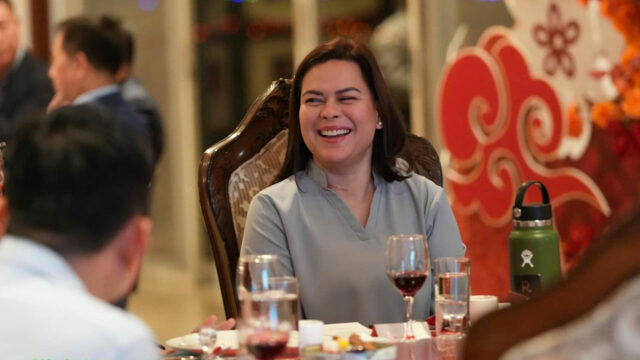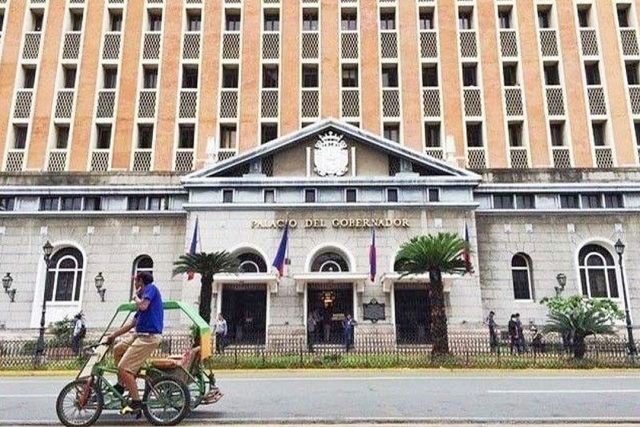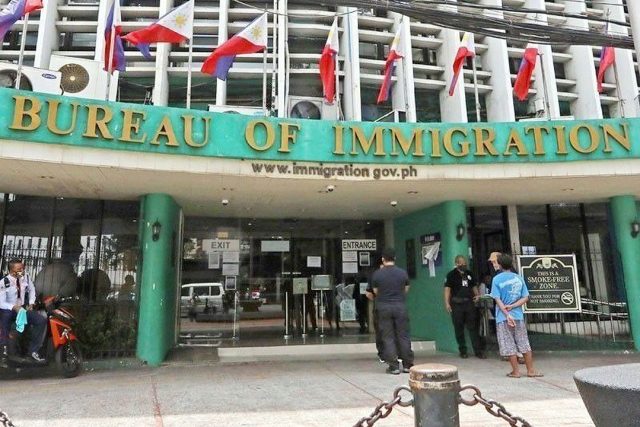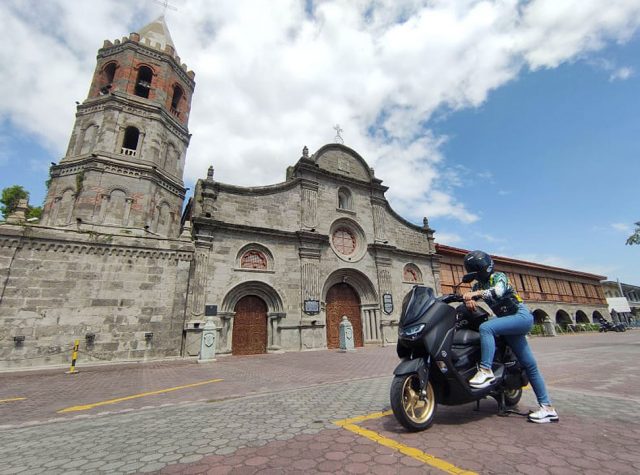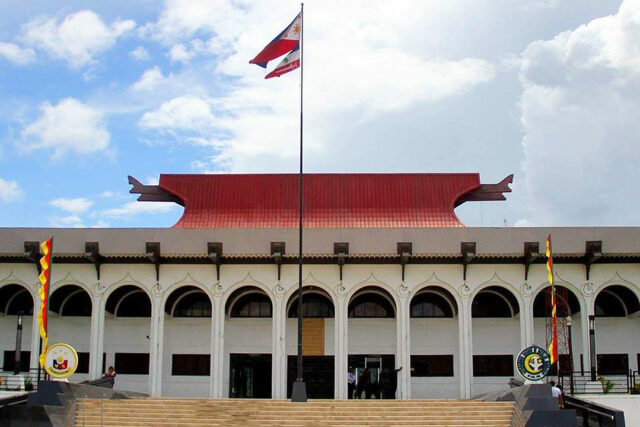INDIAN WELLS, California — Defending champion Iga Swiatek crushed Dayana Yastremska 6-0, 6-2 and 2023 champion Elena Rybakina powered past Britain’s Katie Boulter 6-0, 7-5 to reach the fourth round of Indian Wells on Sunday with displays of dominance.
Swiatek, seeded second, is aiming to become the first woman to win the tournament three times and the Polish player looked eager to do so in as little time on court as possible, reeling off 10 games in a row and needing just 65 minutes to see off her Ukrainian opponent.
“At the end I got a bit tired, it’s always hard to finish a match like that but I’m happy that I kept my intensity up in the last game to close it,” she said.
“I had control from the beginning so I’m happy with the performance for sure.”
It was Swiatek’s second bagel set of the tournament after she overwhelmed Caroline Garcia 6-2, 6-0 in her first match.
The five-time major champion has not won a title since her triumph at Roland Garros in 2024, her longest drought since winning her first major title in 2020.
She served a one-month suspension in October for a failed drug test and has seen Aryna Sabalenka take her world number one ranking but said the California desert is an ideal setting to get back to winning ways.
“It’s amazing, I love coming here,” she said.
“I already have my routine so it feels like home. It’s for sure the place to be and a great place to play tennis.”
Swiatek will face 15th seed Karolina Muchova in the round of 16 after the Czech player beat her compatriot Katerina Siniakova in the afternoon.
After cruising through the first set, Rybakina fell behind 5-3 in the second before regrouping.
She stretched to hit a sensational defensive shot in a game where she broke back for 5-5 and broke again on match point to seal the win.
Rybakina, who missed last year’s tournament due to an illness, will play either ninth-seeded Russian teenager Mirra Andreeva or Dane Clara Tauson in the next round.
Ukrainian Elina Svitolina upset 14th seed Danielle Collins 6-2, 6-4 and will face another American, fourth seed Jessica Pegula in the next round after she breezed past China’s Wang Xinyu 6-2, 6-1.
Svitolina’s countrywoman Marta Kostyuk beat American wildcard Caroline Dolehide 6-3, 6-3.
MEDVEDEV, TSITSIPAS ADVANCE
On the men’s side, Stefanos Tsitsipas showed off his impressive athleticism and defence, leaping for overheads and speeding around the court to beat Italy’s Matteo Berrettini 6-3, 6-3.
“I’m approaching these matches with determination and willingness to just leave it all out there on the court,” Tsitsipas said.
“I want to get out there on the court and be a gladiator, and that’s how I approach every single match I get to play.”
The Greek eighth seed will face battle-tested Holger Rune after the Danish player dug deep to outlast Frenchman Ugo Humbert 5-7, 6-4, 7-5 with the backing of the crowd on center court.
“I tried to be brave,” Rune said of his play over the final two games of the match.
“The energy on this court was truly amazing.”
Daniil Medvedev was on court for just 10 minutes before his American opponent Alex Michelsen was forced to retire due to illness after two games.
The Russian fifth seed has lost to Carlos Alcaraz in the Indian Wells final the past two years, and the Spaniard is once again on the opposite side of the draw.
Medvedev will next face popular American Tommy Paul, who notched his 50th win at a Masters 1000 tournament with a 6-3, 7-5 victory over Britain’s Cameron Norrie.
Tallon Griekspoor toppled 29th-seeded Frenchman Giovanni Mpetshi Perricard on Sunday after stunning top seed Alexander Zverev in the previous round.
Griekspoor pounded 10 aces and broke Mpetshi Perricard’s mighty serve twice en route to the win.
Southern California native Marcos Giron came from behind to beat Alexei Popyrin 5-7, 6-3, 6-3 in a match where the struggling Australian converted just one of his 15 break point chances.
It is the 31-year-old Giron’s first time reaching the fourth round of the tournament. — Reuters
